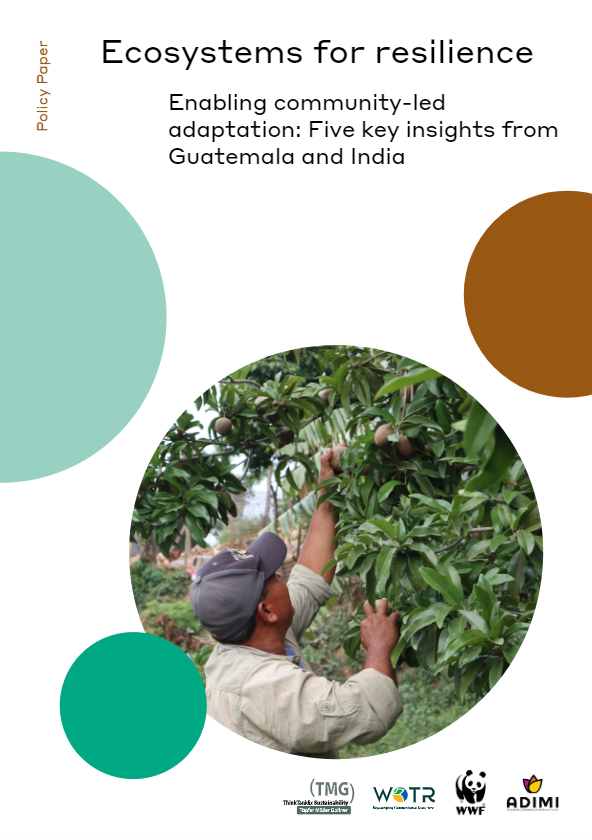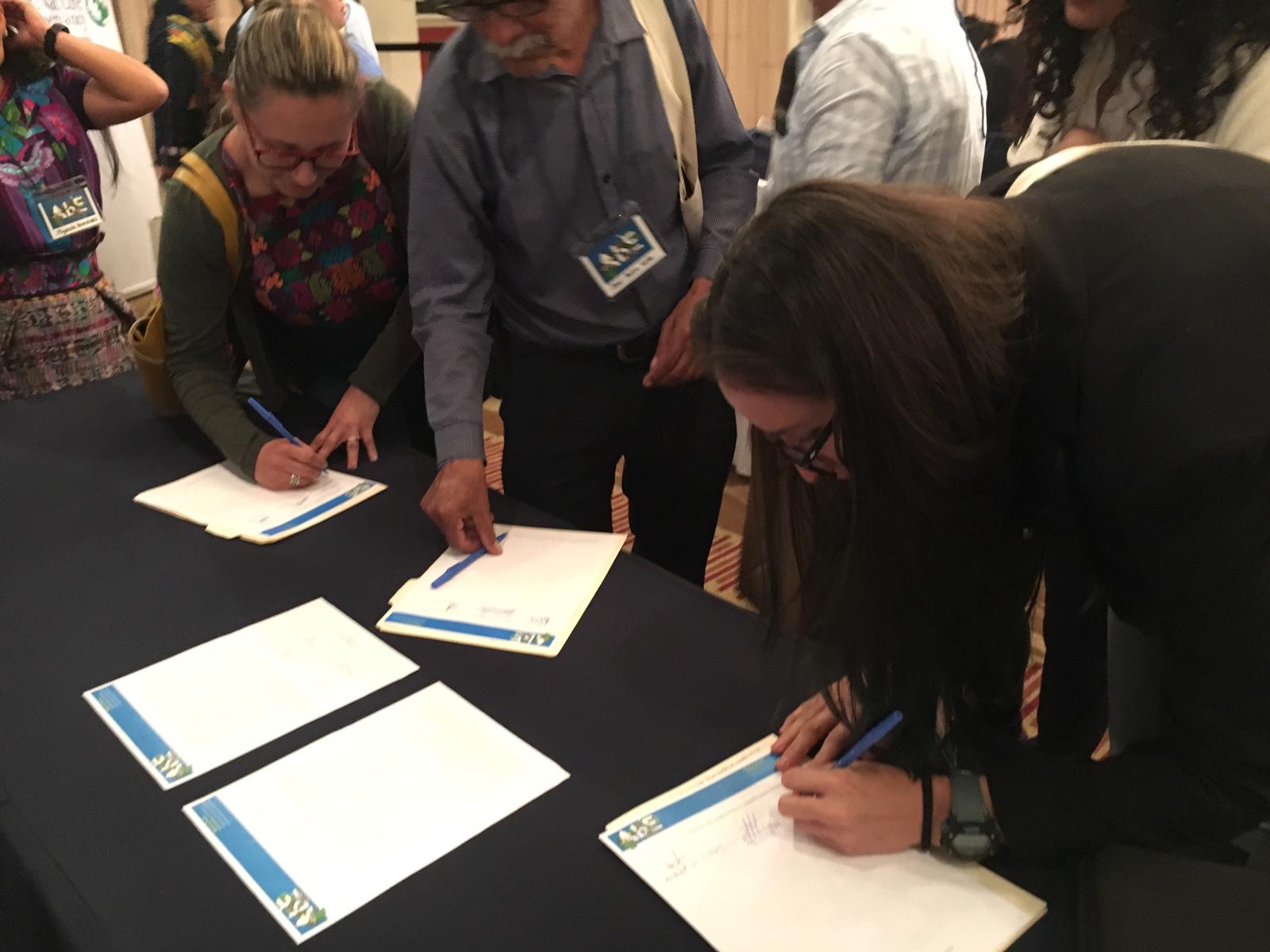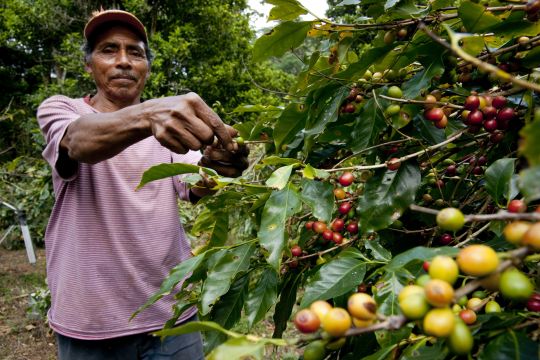guatemala
Why context matters in ecosystem resilience: Five insights from India and Guatemala
What insights can we learn from Guatemala and India on community-led adaptation to create resilient ecosystems? Learn more in this article summarizing a policy paper by the Climate-SDG Integration project.
Alliances for Ecosystem-based Climate Adaptation in Guatemala
This article describes how an ecosystem-based adaptation platform in Guatemala is creating enabling governance conditions for effective climate adaptation, and supporting alliances to help upscale ecosystem-based adaptation.
Climate Change & Environment Nexus Brief: The El Niño Phenomenon and Related Impacts
This brief focuses on El Niño–Southern Oscillation phenomenon and the 2015/2016 El Niño event in particular, the environmental and societal impacts and effects of which will extend well into 2017.
Ecosystem-based adaptation for smallholder subsistence and coffee farming communities in Central America
Climate models indicate that Central America will likely experience warmer and drier seasons and increases in the frequency of extreme weather events as a result of climate change. Smallholder farmers are likely to be particularly vulnerable to these expected changes due to their high dependence on agriculture for their livelihoods and their limited resources and capacity to cope with shocks. There is therefore an urgent need to identify strategies that help smallholder farmers adapt to climate change. Improving the productivity and resiliency of smallholder farming systems is also critical for alleviating poverty and achieving food security.


![European Commission DG ECHO - Ethiopia: EU boosts aid in response to El Niño drought [Flickr]](https://weadapt.org/wp-content/uploads/2023/05/26297782941_8ce15252d9_z.jpg)
